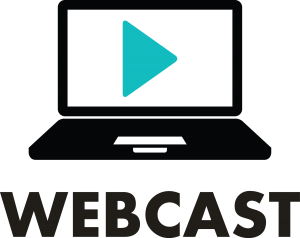Bio
“Machine Learning from Electronic Health Records”
David Page received his Ph.D. in computer science from the University of Illinois at Urbana-Champaign in 1993. He was a post-doc in the Oxford University Computing Laboratory from 1993 to 1997 (visiting faculty ’95-’97), and an assistant professor in the University of Louisville’s Speed School of Engineering (’97-’99). David is now a professor at the University of Wisconsin-Madison, in the Dept. of Biostatistics and Medical Informatics within the School of Medicine and Public Health, with an appointment also in the Dept. of Computer Sciences. He directs the Cancer Informatics Shared Resource of the University of Wisconsin’s Carbone Cancer Center and is a member of the Genome Center of Wisconsin. He served on the NIH’s BioData Management and Analysis Study Section when it first became a standing study section, and has previously served on the scientific advisory boards for the Wisconsin Genomics Initiative and the Observational Medical Outcomes Partnership, focused on detecting adverse drug events. He serves on the editorial boards for Machine Learning and Data Mining and Knowledge Discovery. He currently holds NIH grants on Machine Learning for Adverse Drug Events, Secure Sharing of Clinical and Genetic Data, and RNAseq-based Prediction of Developmental Neural Toxicity, and he also participates in multiple grants applying machine learning to mammography and to mass spectrometry proteomics data.
 Click here to view webcast.
Click here to view webcast.
Abstract
“Machine Learning from Electronic Health Records”
Machine learning (ML) and healthcare have the potential to transform one another and, in doing so, to take society with them. This talk will give evidence for that claim by focusing on applications of machine learning to EHR data, to build predictive models for cardiac events and adverse drug events, and to build tools for breast cancer screening. The talk will discuss lessons from these applications for healthcare. It also will discuss lessons from these applications for machine learning, including twists on the widely-studied problems of learning causal models, learning from longitudinal and relational data, learning from weakly-labeled data, and the interplay of privacy and learning.
 Click here to view webcast.
Click here to view webcast.